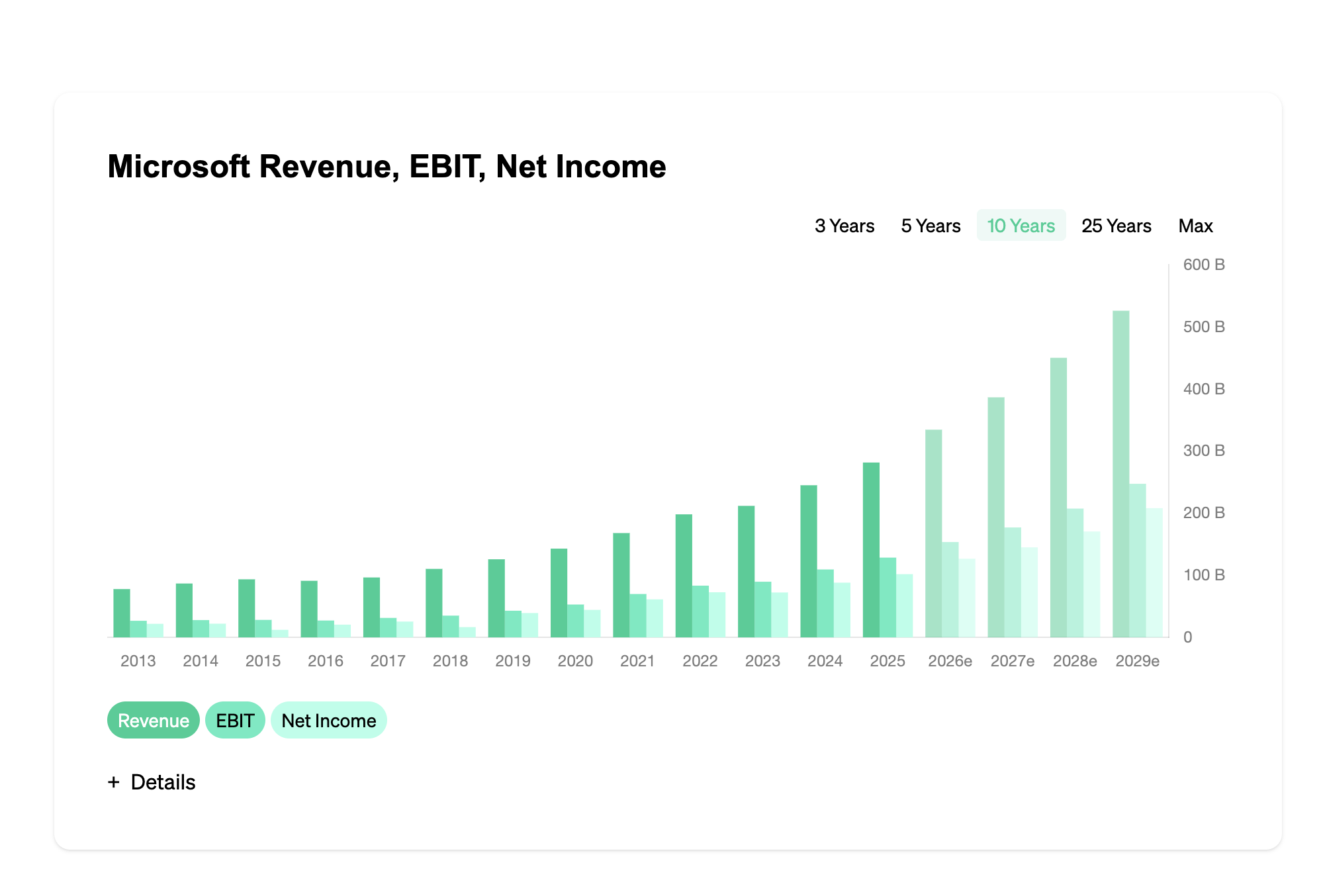Austrian Stocks
Eulerpool has compiled a list of stocks from Austria for you. The most significant industries in the Republic of Austria are the manufacturing sector (mining, goods production) and the food industry.
Top stocks in Austria
Economy and Politics
Of course, tourism also plays a major role. The service sector also makes a significant contribution to the Austrian economy, which is one of the most highly developed in the world.
The Republic of Austria has nine federal states, each with its own regional government, and is elected on a democratic-parliamentary basis. The capital of the Republic is Vienna, and the National Day is celebrated on October 26th.
Agriculture: Given the excellent landscape and climatic conditions, the agricultural industry, which is mainly characterized by the cultivation of sugar beets, potatoes, wine, and cereals, generates high yields. Particularly high volumes of raw materials are recorded in the segments of lignite, iron ore, natural gas, copper, and lead.
By nationalizing the basic materials industry in 1946 and the electricity industry in 1947, a solid foundation for economic recovery was intended to be created, as private investors were scarce after World War II. The agriculture sector contributes only about 1.3 percent, but is highly developed.
Export and wages: The most important exports of Austria are machinery and vehicles, as well as finished goods. Agricultural products, especially organic food from Austria, are also in high demand abroad.
Despite the negative effects of the fourth lockdown, the Austrian economy recorded significant GDP growth in 2021.
The largest companies
The largest companies in Austria are relatively unknown in Germany. For example, there is the Erste Group Bank (AT0000652011) in the financial sector with a market capitalization of approximately 10,745 million. This is followed by OMV (AT0000743059), an oil and gas company with 7,226 million, and Verbund (AT0000746409), a utility company in Austria with a market capitalization of 5,700 million. Other companies include Raiffeisenbank International (AT0000606306), Telekom Austria (AT0000720008), and Vienna Airport (AT00000VIE62).
The largest and most important trading venues
The Vienna Stock Exchange was founded in 1771 as one of the world's first stock exchanges and operates the Vienna and Prague stock exchanges today.
The Austrian Stock Exchange is located in Vienna. Its core business is trading on the cash market and via Xetra. In addition, the Vienna Stock Exchange provides access to the "direct market plus", which includes small and medium-sized enterprises that can be traded through the Vienna Stock Exchange. It also serves as a trading venue for other stocks, bonds, certificates, ETFs, and warrants. In addition to its market function, the Vienna Stock Exchange also performs the calculation and publication of indices.
Performance of the Indices
The Austrian Traded Index (ATX) is the most important stock index in Austria. The ATX displays the price development of the 20 largest Austrian companies listed on the stock exchange.
The ATX can be used to make statements about the economic development of Austria. Twice a year (March and September), the composition of the ATX and the weighting of the stocks are reviewed and adjusted.
Unlike the DAX, no dividends or other capital distributions are included in the ATX.
Trading hours in Austria
The trading hours in Austria are Monday to Friday from 8:55 am to 5:35 pm.

